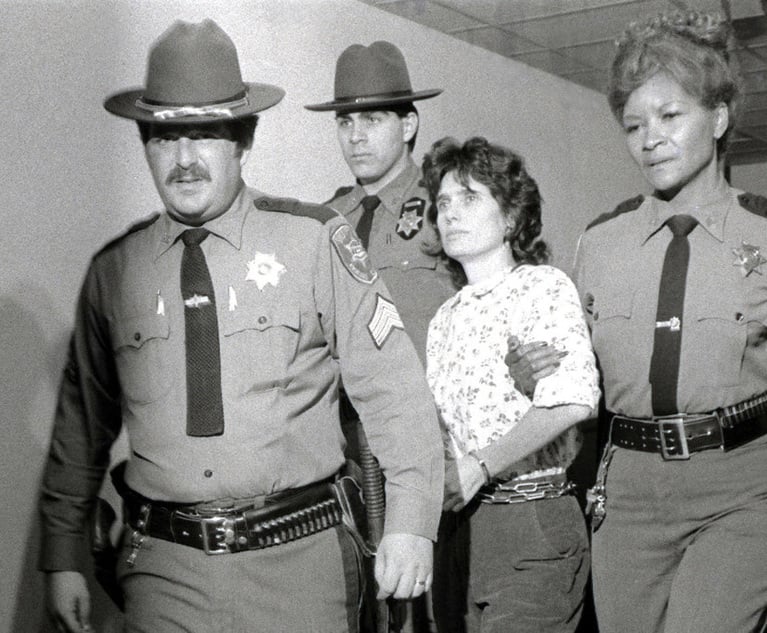On Feb. 19, the Department of Veterans Affairs (VA) implemented the Veterans Appeals Improvement and Modernization Act (AMA), which was passed by Congress in 2017. The law is designed to reduce the wait time for veterans seeking a decision on their appeal for VA benefits. By the VA’s own admission, veterans wait an average of seven years to receive a decision from the Board of Veterans Appeals (BVA). The BVA provides veterans with their first opportunity to have an appeal decided by a veterans law judge and, for many, the first time they can give live testimony in support of their claim.
At the heart of the AMA are two new options for veterans to choose from when appealing a denied claim. The first option, called the supplemental claim lane, allows veterans to submit new evidence in support of their appeals. If a veteran identifies evidence but is unable to obtain it, the VA will try to obtain the evidence as part of its longstanding duty to assist. Either way, if the VA deems the evidence “relevant,” it will then take a second look at the appeal and make a new decision in an estimated 125 days. The relevance requirement is new to the VA appeals process, and there is concern that it is narrower than VA’s previous requirement that evidence submitted under similar circumstances be “material.” Veterans who choose this lane are not entitled to a hearing or phone conference as part of their appeal.


 Michael Taub, Homeless Advocacy Project
Michael Taub, Homeless Advocacy Project




